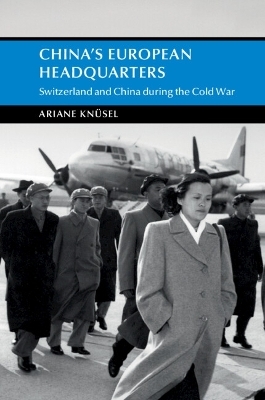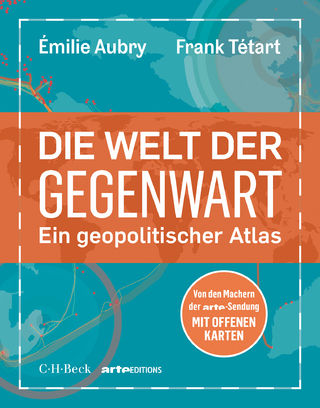
China's European Headquarters
Switzerland and China during the Cold War
Seiten
2025
Cambridge University Press (Verlag)
978-1-009-16947-9 (ISBN)
Cambridge University Press (Verlag)
978-1-009-16947-9 (ISBN)
- Noch nicht erschienen (ca. Februar 2025)
- Versandkostenfrei
- Auch auf Rechnung
- Artikel merken
The first study to analyse the central role that Switzerland played in China's presence in Europe in the Cold War. Using extensive research in Western and Chinese archives, Ariane Knüsel offers new perspectives on the formulation and implementation of China's foreign policy, foreign trade policy, and intelligence activities.
During the Cold War, the People's Republic of China used Switzerland as headquarters for its economic, political, intelligence, and cultural networks in Europe. Based on extensive research in Western and Chinese archives, China's European Headquarters charts not only how Switzerland came to play this role, but also how Chinese networks were built in practice, often beyond the public face of official proclamations and diplomatic interactions. By tracing the development of Sino-Swiss relations in the Cold War, Ariane Knüsel sheds new light on the People's Republic of China's formulation and implementation of foreign policy in Europe, Latin America and Africa and Switzerland's efforts to align neutrality, humanitarian engagement, and economic interests.
During the Cold War, the People's Republic of China used Switzerland as headquarters for its economic, political, intelligence, and cultural networks in Europe. Based on extensive research in Western and Chinese archives, China's European Headquarters charts not only how Switzerland came to play this role, but also how Chinese networks were built in practice, often beyond the public face of official proclamations and diplomatic interactions. By tracing the development of Sino-Swiss relations in the Cold War, Ariane Knüsel sheds new light on the People's Republic of China's formulation and implementation of foreign policy in Europe, Latin America and Africa and Switzerland's efforts to align neutrality, humanitarian engagement, and economic interests.
Ariane Knüsel is Associate Researcher at the University of Fribourg and the University of Basel's Europainstitut.
Introduction; 1. Creating a European hub: Recognition, potential, and frictions (1949–1958); 2. Becoming a global hub: The Sino-Soviet split, the Great Leap Forward, and Tibetan refugees (1958–1965); 3. 'A sick man shaken by fits of madness': Dealing with China during the Cultural Revolution (1966–1976); 4. Dr. No in Switzerland: Bern as a Chinese intelligence hub; 5. Conclusion: A new Cold War or more of the same?
| Erscheint lt. Verlag | 6.2.2025 |
|---|---|
| Reihe/Serie | Cambridge Studies in the History of the People's Republic of China |
| Zusatzinfo | Worked examples or Exercises |
| Verlagsort | Cambridge |
| Sprache | englisch |
| Themenwelt | Geschichte ► Allgemeine Geschichte ► Zeitgeschichte |
| Geisteswissenschaften ► Geschichte ► Regional- / Ländergeschichte | |
| Sozialwissenschaften ► Politik / Verwaltung ► Staat / Verwaltung | |
| ISBN-10 | 1-009-16947-5 / 1009169475 |
| ISBN-13 | 978-1-009-16947-9 / 9781009169479 |
| Zustand | Neuware |
| Informationen gemäß Produktsicherheitsverordnung (GPSR) | |
| Haben Sie eine Frage zum Produkt? |
Mehr entdecken
aus dem Bereich
aus dem Bereich
Gewalt, Umwelt, Identität, Methode
Buch | Softcover (2024)
Spector Books OHG (Verlag)
CHF 49,95


